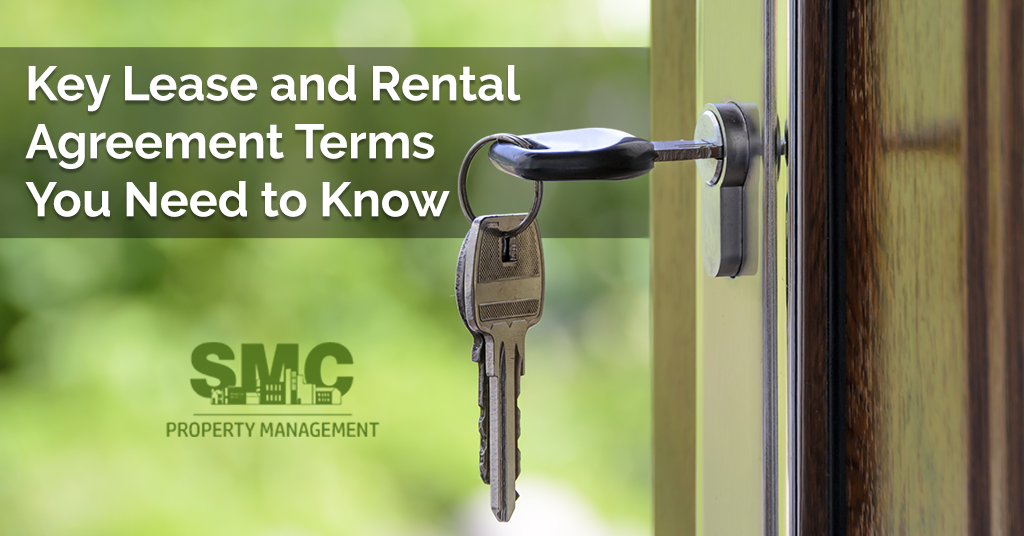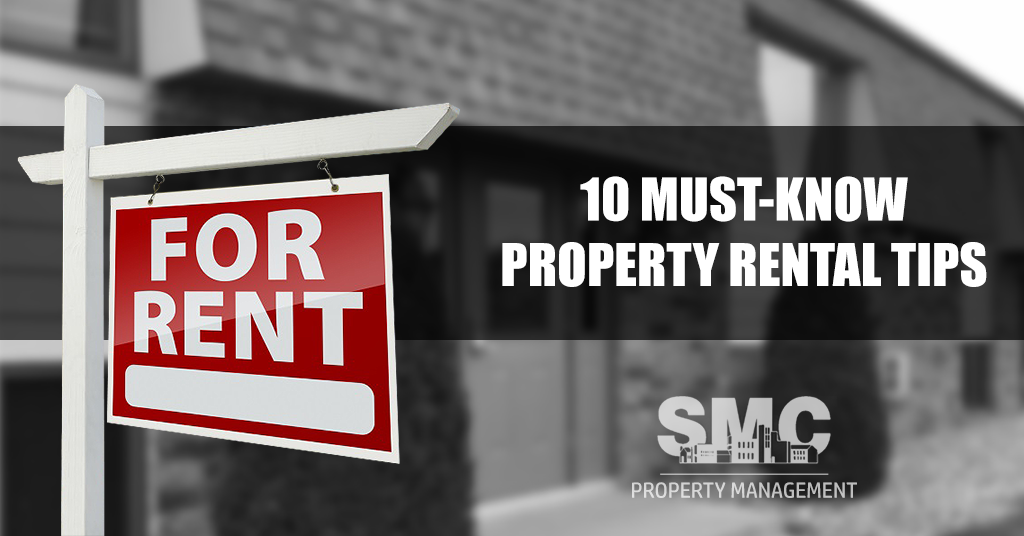 In any transaction, it is important that you fully understand the contract, more so in arrangements that involve significant amounts of money. Whether you are looking for an apartment, storage unit, or house for rent here in Minot, you should be familiar with common terminologies that may appear in the contract. Below are some of these key lease and rental agreement terms and what they mean.
In any transaction, it is important that you fully understand the contract, more so in arrangements that involve significant amounts of money. Whether you are looking for an apartment, storage unit, or house for rent here in Minot, you should be familiar with common terminologies that may appear in the contract. Below are some of these key lease and rental agreement terms and what they mean.
Parties to the Agreement – refers to both tenant and landlord. The tenant can also be referred to as lessee or renter while the landlord can also be referred to as lessor.
The Premises – this refers to the rental property address and may include details such as furnishings and parking spaces.
Term of Tenancy – this refers to the duration of the rental along with the date of the first day of tenancy. It should also specify if the rental is month-to-month tenancy or a lease. If it is the latter, the date of the last day of the lease should also be specified.
Rent – this refers to the compensation the tenant pays the landlord. The exact amount, due dates, acceptable forms of payment, and penalties should be specified.
Deposits – refers to advance payments and security deposits.
Utilities – it should be specified which utilities should be paid by the tenant and which ones should be paid by the landlord.
Condition of Rental Unit – the condition of the unit at the start of the lease should be specified and how subsequent changes in this condition should be handled.
Repair and Maintenance Responsibilities – it should be specified which repair and maintenance responsibilities fall on the shoulders of the tenant and which ones will be shouldered by the landlord.
Landlord Entry – it should be specified when and how the landlord can enter the rental unit during the duration of the tenancy.
Extended Absences – landlord may require the tenant to provide notification in case the latter needs to be away from the rental unit for a certain number of days.
Property Use Restrictions – the landlord my prohibit you from doing certain things with and while in the property premises.
Occupant Limit – the landlord may set a limit to how many people can occupy the property.
Pet Restrictions – the landlord may prohibit the tenant from keeping some or all kinds of pets.
No Home Businesses – the landlord may prohibit the tenant from making the property a base of business operations.
Guest Stay Limits – the landlord may set a limit on the number of guests that may stay at the property at the same time and for how long.
Attorney’s Fees – the agreement may specify which party shoulders the cost of litigation in case a disagreement between tenant and landlord results into a lawsuit.
Grounds of Termination – this is one of those key lease and rental agreement terms that can result in massive financial losses when unclear. Factors that can lead to the premature termination of the tenancy or lease should be specified.
If there is something in the contract you do not understand, you should ask your landlord about it. Knowing the key lease and rental agreement terms will give you an edge in getting a better deal for the home that you want.
We at SMC Property Management manage more than 600 apartments and houses and more than 400 storage units in Minot, North Dakota. Please don’t hesitate to contact us if you have any questions about our properties for rent in Minot.


